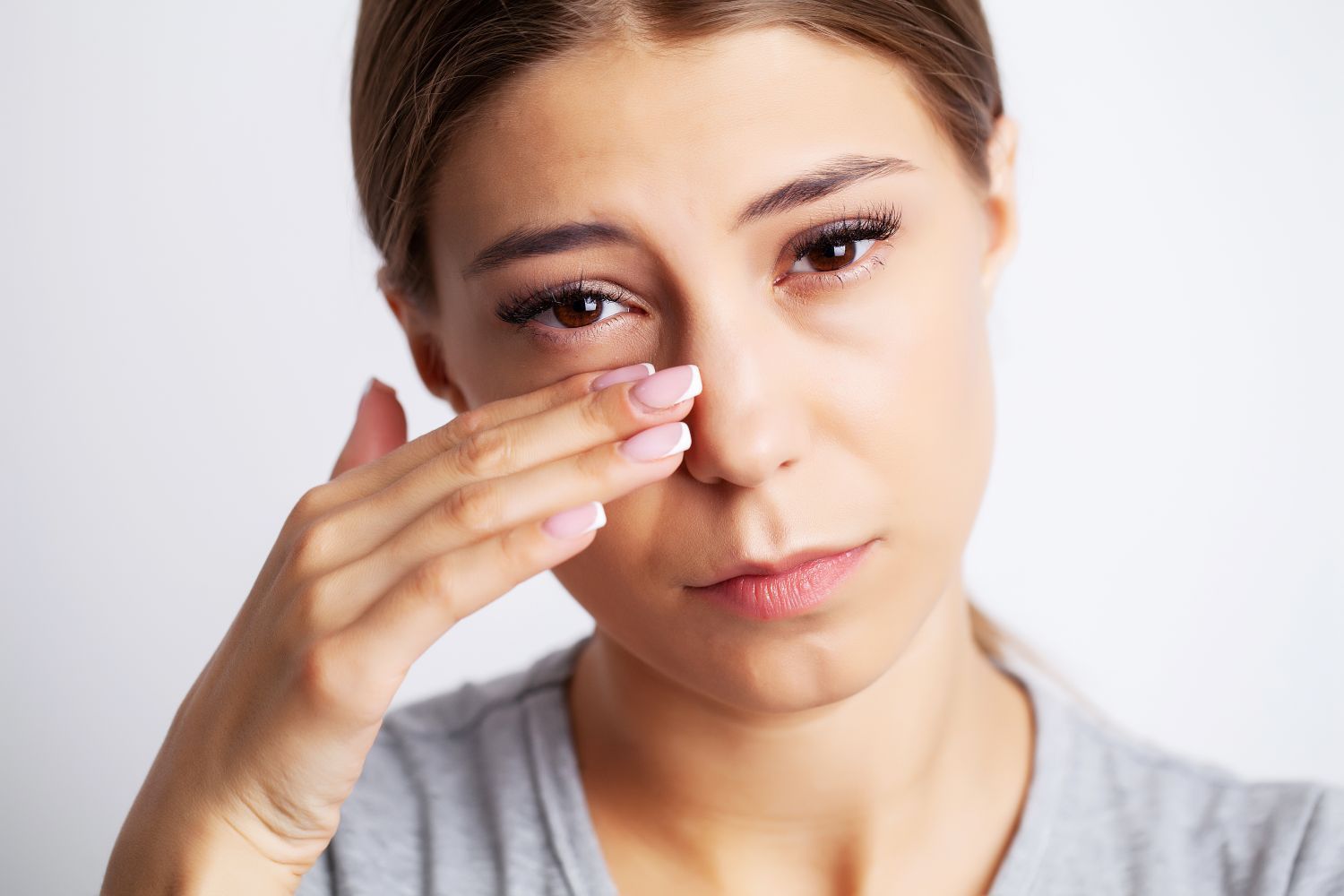Do you constantly clear your throat throughout the day due to a tickling or scratchiness that won't go away? Can you feel mucus sliding down the back of your throat? These annoying symptoms usually mean one thing: postnasal drip.
Postnasal drip isn't a standalone condition but a constellation of symptoms caused by allergies, infections, or irritants in the air. Excess mucus from irritated nasal passages and sinuses drains down into the throat, causing irritation, persistent coughing, and the uncomfortable feeling of a lump in the throat.
What Is Postnasal Drip?
Postnasal drip occurs when your nasal and throat glands produce excess mucus that slides down the back of your throat. The most common symptoms include:
- Frequent throat clearing
- The inability to get rid of mucus in your throat, either by swallowing or coughing
- Persistent coughing, especially at night
- Throat irritation and discomfort
Common Triggers of Postnasal Drip Symptoms
Postnasal drip typically arises from one or more of the following:
- Allergies (pollen, dust, pet dander)
- Sinus infections (viral or bacterial)
- Cold or flu
- Weather changes
- Acid reflux (GERD)
- Certain medications, particularly certain blood pressure drugs
With the help of a board-certified otolaryngologist, you will find out what is causing your postnasal drip and receive the most appropriate treatment for quick symptom relief.
Throat-clearing and Mucus Drainage: The Big Two Symptoms of Postnasal Drip
Frequent throat clearing and that unpleasant feeling of mucus sliding down the back of your nose and throat are two of the most bothersome effects of postnasal drip. Throat clearing is your body's way of dislodging the steady stream of mucus pooling in your throat. The mucus sliding down your throat is excess drainage moving from your nasal passages into your throat. It's often described as a tickling, scratchiness, or lumpiness that won't go away no matter how many times you cough.
Postnasal drip also causes mucus to thicken due to several factors, including low humidity during winter months, dehydration from decreased fluid intake, bacterial sinus infections, and older antihistamines like Benadryl. Dry, heated indoor air during colder seasons is notorious for creating thick secretions. This thickening makes the mucus harder to clear naturally, increasing the throat-clearing reflex and the constant feeling of something in your throat.
Managing Nighttime Symptoms
The sliding mucus sensation and resulting cough often worsen at night, disrupting the length and quality of sleep. Some people experience symptomatic relief by:
- Elevating the head with extra pillows to prevent mucus from pooling in your throat
- Drinking plenty of water to thin the mucus consistency
- Running a humidifier to add moisture to dry air and soothe throat pain
- Using over-the-counter saline nasal sprays or rinses to clear excess mucus
When Should You See a Doctor?
You should seek medical attention if your postnasal drip symptoms:
● Persist for more than 10 days
● Are accompanied by severe symptoms such as fever, facial pain, or difficulty breathing
● Don't improve despite home care and self-treatment
Here's a video on effective treatments for chronic rhinitis including post nasal drip:
A nose and sinus specialist can accurately diagnose the underlying cause and provide the most effective treatment options to help you feel better.
Expert Nose and Sinus Care in Washington
Struggling with constant throat clearing and that sliding mucus sensation in Seattle, Tacoma, or Puyallup? Award-winning rhinologist Dr. Greg Davis is dedicated to helping you find lasting relief by:
- Evaluating and identifying the exact cause of your postnasal drip symptoms
- Developing tailored treatment plans designed specifically for you
- Providing effective solutions to address your symptoms at their source
Don't just try to manage symptoms—resolve them today by scheduling a consultation with one of the top sinus specialists in Washington for lasting relief from postnasal drip symptoms.




